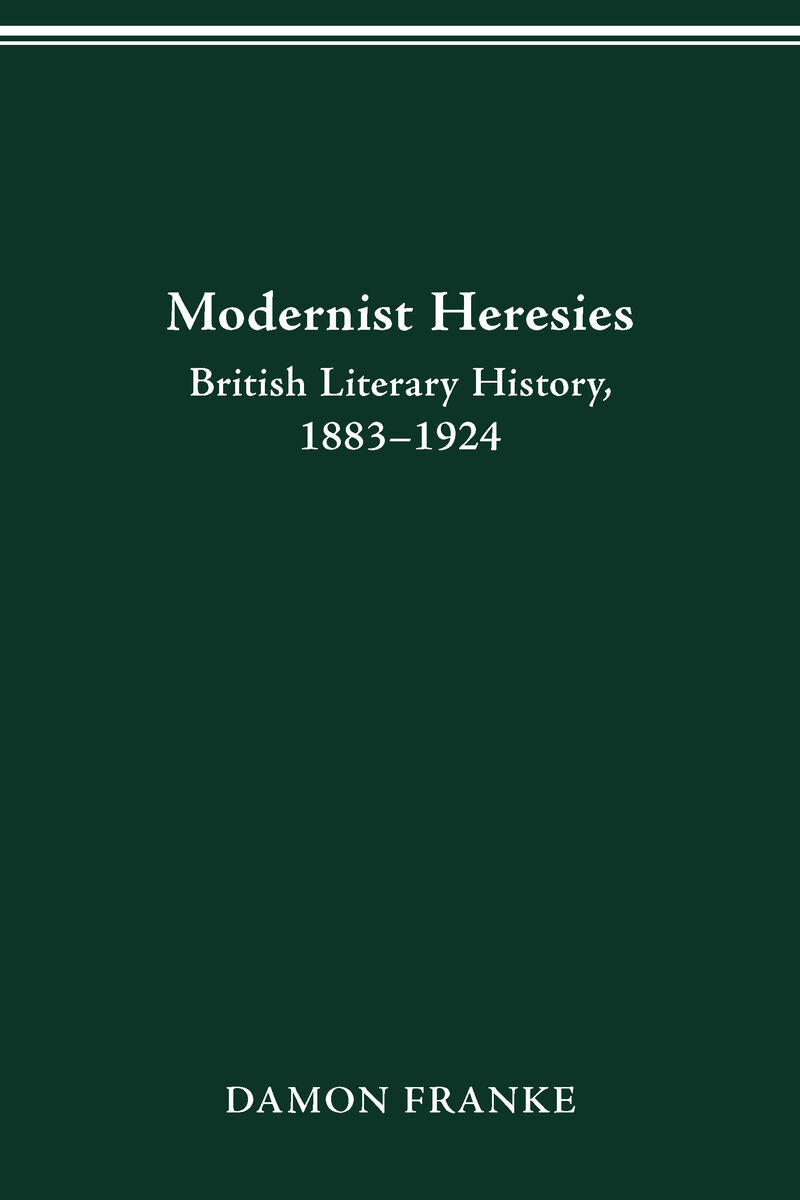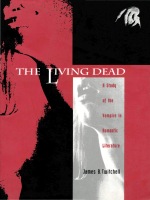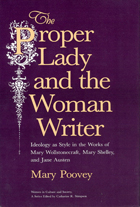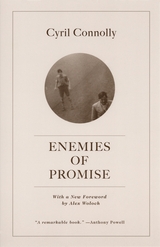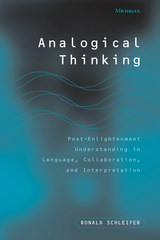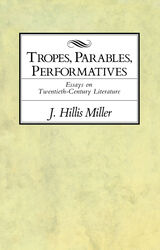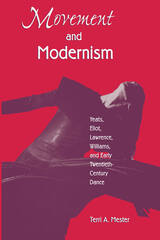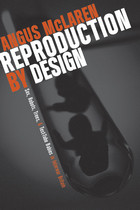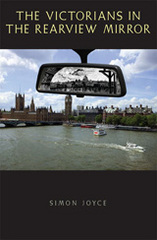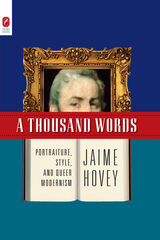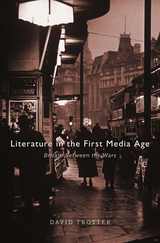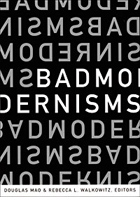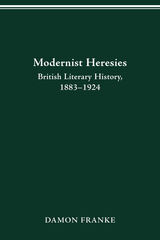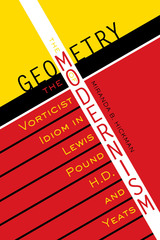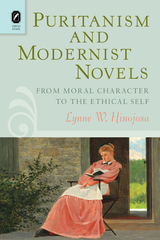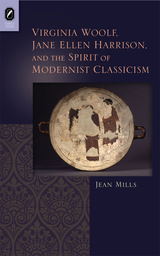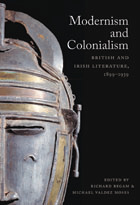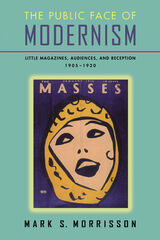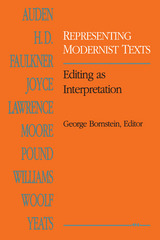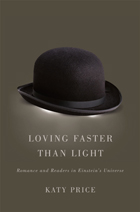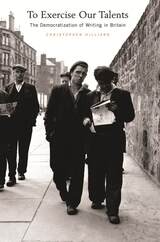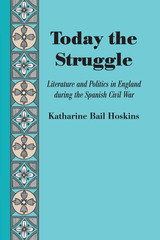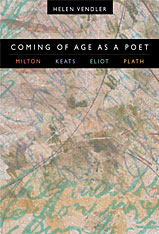Modernist Heresies: British Literary History, 1883–1924
The Ohio State University Press, 2008
Paper: 978-0-8142-5720-3 | eISBN: 978-0-8142-7876-5 | Cloth: 978-0-8142-1074-1
Library of Congress Classification PR478.M6F73 2008
Dewey Decimal Classification 820.9112
Paper: 978-0-8142-5720-3 | eISBN: 978-0-8142-7876-5 | Cloth: 978-0-8142-1074-1
Library of Congress Classification PR478.M6F73 2008
Dewey Decimal Classification 820.9112
ABOUT THIS BOOK | AUTHOR BIOGRAPHY | REVIEWS | TOC
ABOUT THIS BOOK
In Modernist Heresies, Damon Franke presents the discourse of heresy as central to the intellectual history of the origins of British modernism. The book examines heretical discourses from literature and culture of the fin de siècle and the Edwardian period in order to establish continuities between Victorian blasphemy and modernist obscenity by tracing the dialectic of heresy and orthodoxy, and the pragmatic shifting of both heterodox and authoritative discourses.
Franke documents the untold history of the Cambridge Heretics Society and places the concerns of this discussion society in dialogue with contemporaneous literature by such authors as Pater, Hardy, Shaw, Joyce, Woolf, Lawrence, and Orwell. Since several highly influential figures of the modernist literati were members of the Heretics or in dialogue with the group, heresy and its relation to synthesis now become crucial to an understanding of modernist aesthetics and ethics.
From the 1880s through the 1920s, heresy commonly appears in literature as a discursive trope, and the literary mode of heresy shifts over the course of this time from one of syncretism to one based on the construction of modernist artificial or "synthetic" wholes. In Franke’s work, the discourse of heresy comes forth as a forgotten dimension of the origins of modernism, one deeply entrenched in Victorian blasphemy and the crisis in faith, and one pointing to the censorship of modernist literature and some of the first doctrines of literary criticism.
Franke documents the untold history of the Cambridge Heretics Society and places the concerns of this discussion society in dialogue with contemporaneous literature by such authors as Pater, Hardy, Shaw, Joyce, Woolf, Lawrence, and Orwell. Since several highly influential figures of the modernist literati were members of the Heretics or in dialogue with the group, heresy and its relation to synthesis now become crucial to an understanding of modernist aesthetics and ethics.
From the 1880s through the 1920s, heresy commonly appears in literature as a discursive trope, and the literary mode of heresy shifts over the course of this time from one of syncretism to one based on the construction of modernist artificial or "synthetic" wholes. In Franke’s work, the discourse of heresy comes forth as a forgotten dimension of the origins of modernism, one deeply entrenched in Victorian blasphemy and the crisis in faith, and one pointing to the censorship of modernist literature and some of the first doctrines of literary criticism.
See other books on: English literature | Intellectual life | Modernism (Literature) | Paganism in literature | Religion and literature
See other titles from The Ohio State University Press
